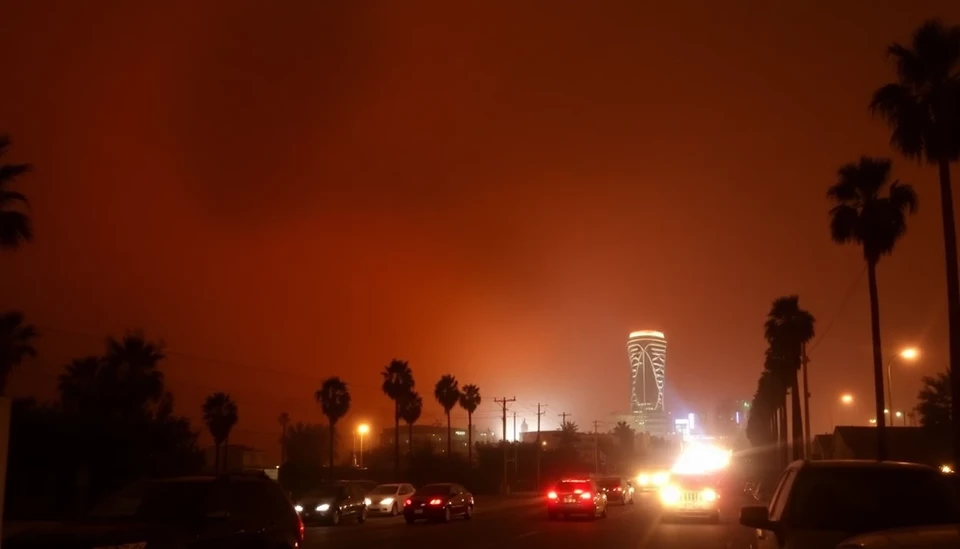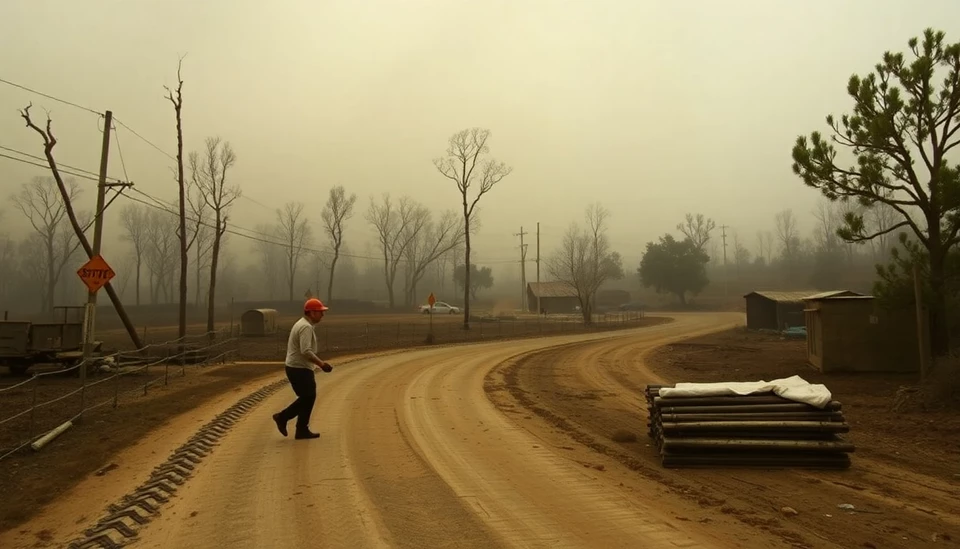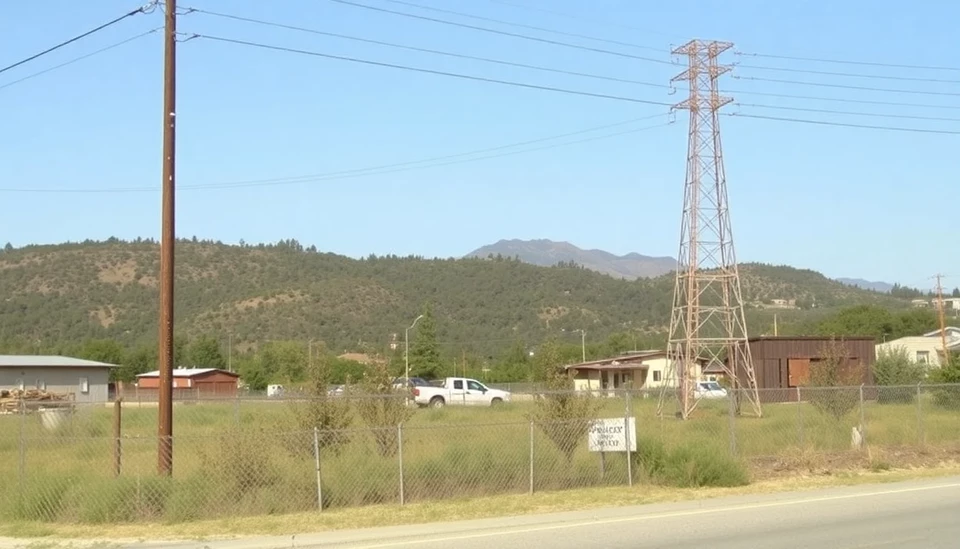
In a shocking revelation, recent analyses indicate that the smoke from wildfires in Los Angeles is significantly inflating healthcare costs, adding billions to an already burdened system. The findings underscore the urgent need for public health officials and policymakers to address the escalating impact of climate change on urban health.
Research suggests that the haze originating from nearby wildfires, particularly during peak season, is correlated with a surge in respiratory illnesses, heart problems, and other health complications among the local populace. This pattern poses new challenges for the healthcare infrastructure of a city already contending with high rates of air pollution and chronic health issues.
According to data analyzed by environmental health researchers, the annual healthcare costs linked to wildfire smoke exposure have dramatically increased. Estimates reveal that these costs could reach up to $10 billion within the coming years, driven by hospital admissions, emergency room visits, and increased prescriptions for preventive medications.
Moreover, the implications of this trend are reaching beyond immediate health impacts. Long-term exposure to particulate matter from wildfire smoke can exacerbate existing conditions such as asthma and cardiovascular disease, leading to a cycle of chronic health issues that will require more significant and sustained medical care.
Health experts emphasize that these findings should serve as a wake-up call for both city officials and residents. With climate change influencing the frequency and intensity of wildfires, Los Angeles must prepare for a future where the health risks associated with poor air quality could become an accepted norm, rather than a rare occurrence.
The increase in healthcare costs also raises questions about insurance and policy-making decisions. Stakeholders in the public health sector are urging for a re-evaluation of how wildfire smoke is accounted for in health budgets and crisis management strategies, advocating for greater investment in fire prevention, air quality monitoring, and community support systems.
Furthermore, local government initiatives focusing on mitigating the effects of smoke during fire season have been proposed. These initiatives may include more expansive public health campaigns about preparing for and responding to air quality advisories, as well as providing resources for vulnerable populations.
As California braces for another wildfire season, the message is clear: Action is required not just for the sake of environmental preservation, but also for safeguarding public health and managing healthcare costs. Policymakers, healthcare providers, and communities must collaborate to forge comprehensive strategies that prioritize the health and wellbeing of Los Angeles residents in the face of climate disruption.
In conclusion, understanding the financial ramifications of wildfire smoke on health can lead to better preparation and policy formation. As the cost of inaction continues to grow, so too does the imperative for immediate, decisive steps to address this escalating crisis.
#LAwildfires #healthcarecosts #wildfires #publichealth #climatechange #environmentalhealth #LosAngeles
Author: Sophie Bennett

